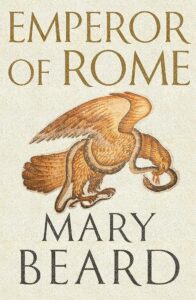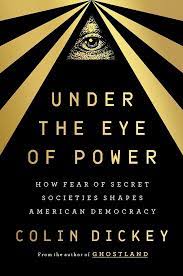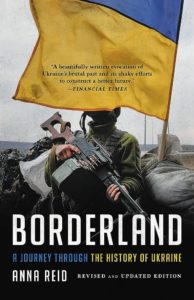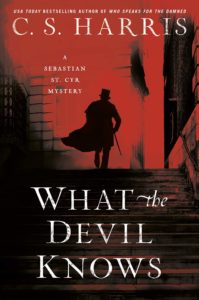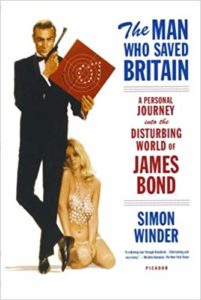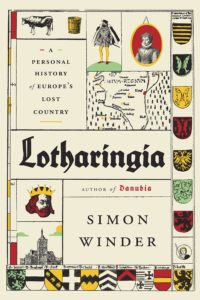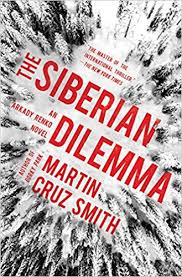Rather than write a chronological study of the seemingly dozens of emperors who followed the end of the Roman Republic, noted scholar Mary Beard has done something very different and far more original.
She’s organized her lavishly illustrated and highly entertaining book around obvious but fascinating themes: their loves, their food, their slaves, their famous or infamous acts, their assassinations and they people they had executed, the palaces and temples they built, their families and rivals, their courtiers good and bad, the women and men in their beds that they loved or hated or simply disposed of when they thought the time was right.
We have inherited lots of potentially dubious stories about who they all were, whether the fiendish Caligula or the noble Hadrian, but Beard wants to cut through all the myths, good and bad, and all the images we have from films or paintings and any other sources. As she puts it so trenchantly:
The image of Roman emperors that has come down to us is a complicated and multilayered construction: a glorious combination of hard historical evidence, spin, political invention and reinvention, fantasies of power, and the projection of Roman (and some modern) anxieties. It makes the “real” emperor hard to pin down.
But Beard does her very best at assessing whether tales of seduction, murder, incest, mind-boggling banquets can be determined to be real, fantasies, propaganda, rumor, or libel. Perhaps many of these stories are more about how the emperors were perceived, how their roles were conceived of by contemporary poets and historians, and how they thought about themselves? You’ll be surprised that some emperors actually felt victimized by living in the midst of a “court culture of deference, deceit, and dystopia.”
Bread is never anything less than witty, especially when she cleverly employs contemporary labels like “microaggressions.” The book is dense with fact and fancy, a beautiful survey of historical remains around the Mediterranean that tell the stories of these famous and forgettable men. Beard does her best to explore the lives of the vast array of slaves with myriad specialties and the “bureaucrats” who were surprisingly few and far between in helping run a gigantic empire.
Foodies will be intrigued to learn that much of what he think we know about their banquets may be bogus, but the layout of their dining rooms with streams and waterfalls and dishes sailed across to their couches is amazing.
Perhaps most intriguing of all, access to emperors was a lot more available than we might think and they often were called upon to decide on legal matters as petty (in their terms) as the unpaid rental of a cow. Beard also has a fascinating chapter on what kind or work emperors actually did, and elsewhere explains that our movies that show crazed, mixed-gender crowds at the Coliseum are dead wrong. Women were relegated to the nosebleed section along with slaves, and there was a strict dress code and class separation. The audience for the savagery was as polite, she says, as formally-attired opera goers.
This is an intimate but encyclopedic study of an Ancient Rome under its many emperors as bedazzling, bewildering, besotted with its own power–but delightfully quirky, nitty-gritty, and surprisingly recognizable and like our own oddly imperial times. This is a book to savor and marvel at for its lightly-worn erudition and its revelation of relics of Rome you’ve likely never read about. ★★★★★
Lev Raphael has reviewed books for Salon, The Huffington Post, The Washington Post, The Detroit Free Press, and Jerusalem Report.

